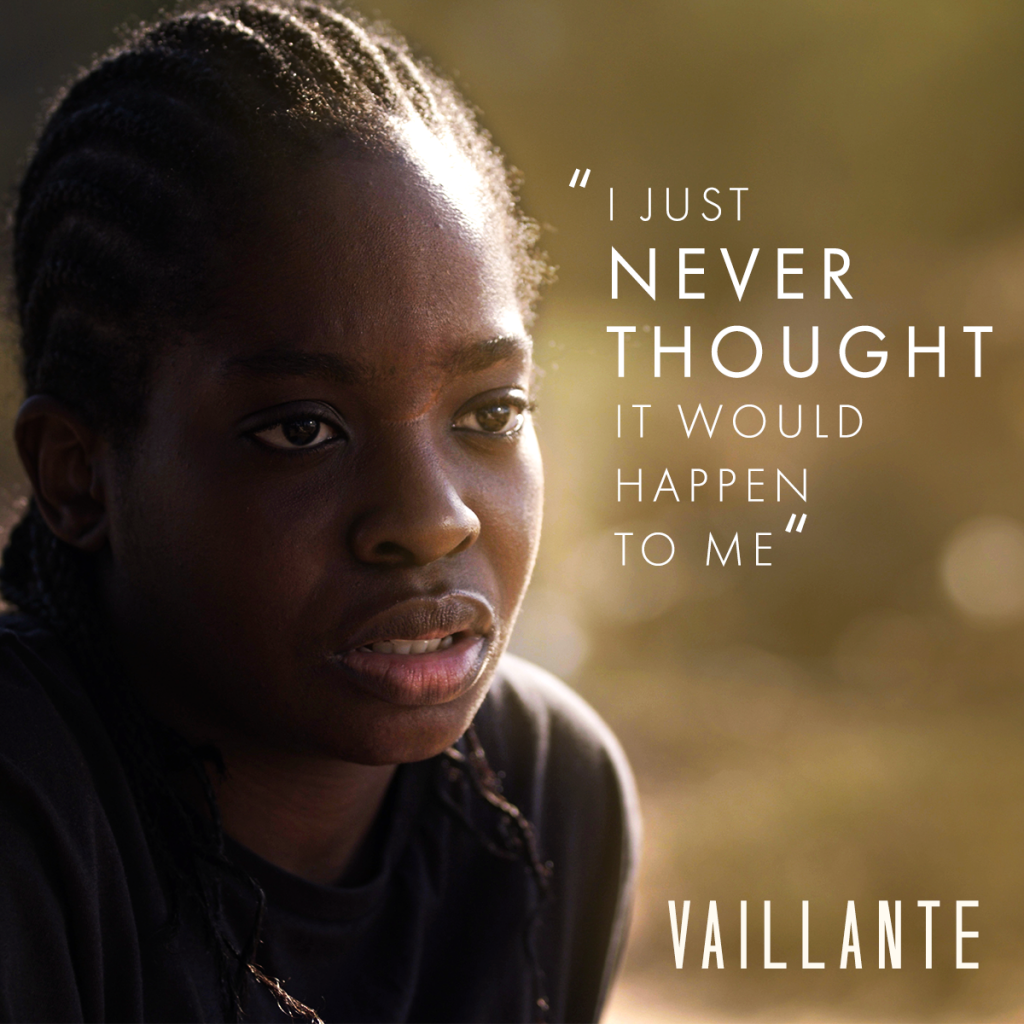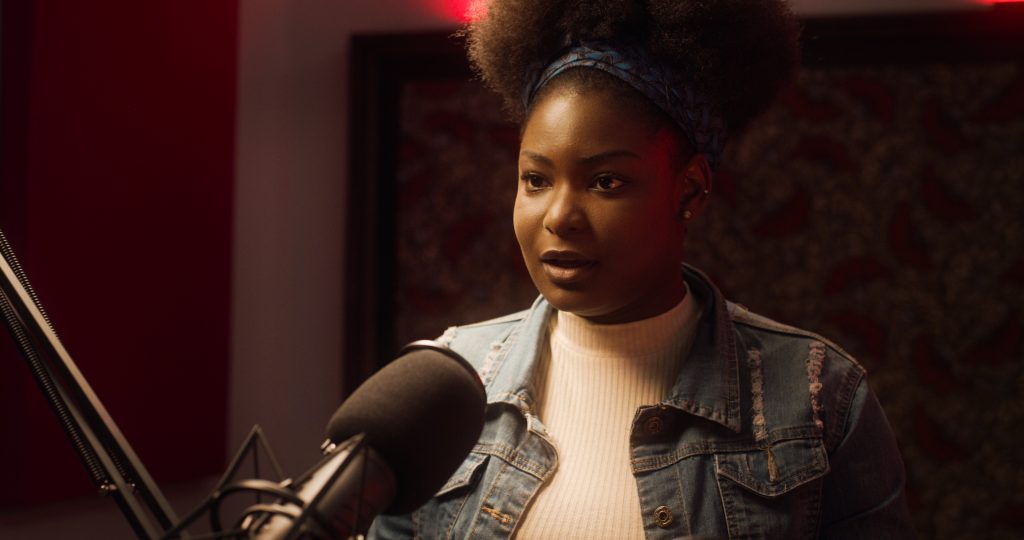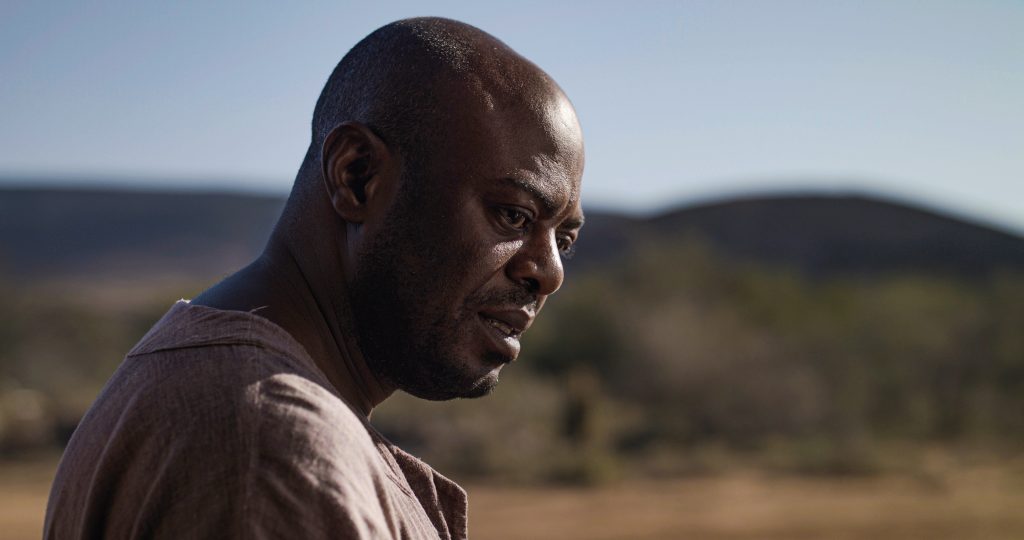Considering the gravity of the theme, delivering on their roles could not have been easy. To embody their characters, the actors had to draw from different experiences and materials…
By Vivian Nneka Nwajiaku
There is scientific evidence to the effect that most human brains do not fully mature until about the age of 25. In more than half of the countries of the world, the legal age of majority is 18 years. The minimum legal drinking age in most countries ranges from 16 to 21 years. Yet, in many parts of the world, children are married off before they are old enough to drive or vote or even decide what they want to be.
At very tender ages, girls are forced to be sexually active and made to bear and raise children. 12 million girls marry before the age of 18 every year. 1 in 5 girls are married before 18. Over 650 million girls and women alive today were married as children. And though child marriage is a dire problem that is spread across the world, Africa has some of the highest prevalence rates. In West and Central Africa, about two in five girls are married before their 18th birthday, and one in eight is married before her 15th birthday. Niger, which ironically has its minimum legal driving age as 23 years, has the highest overall child marriage prevalence in the world at 76%.
Child marriage has devastating consequences for children. Beyond taking away their childhoods, it is detrimental to education, health and the overall development of adolescents and youths. Eradicating child marriage worldwide, but particularly in Africa, is of paramount importance. An important first step is to raise awareness and stir up conversations on the issue. This is what the United Nations Children’s Fund (UNICEF) set out to achieve with its original series that sheds light on child marriage.
Vaillante is a fictional three-part miniseries set in an unnamed francophone African country and released on YouTube in November, 2021. The series follows the intertwined stories of two female protagonists and their painful experiences with child marriage. Mouna Loueke plays Adi, a 14-year-old about to be married off to a much older man, while Maguy Essey stars as Sali, a child marriage activist. These inspiring young women, along with Steve Nk Mpoyi, who plays Adi’s father in the series, graciously granted Afrocritik an interview during which they shared their experiences and their hopes for the UNICEF project.
Considering the gravity of the theme, delivering on their roles could not have been easy. To embody their characters, the actors had to draw from different experiences and materials. Loueke had explored different works on child marriage when she was much younger. She and her mother would spend most Sundays watching movies, many of which depicted topics ranging from child marriage to female genital mutilation. The subject of child marriage was also touched on in some of the classes she took in school. Combining these experiences helped her portray the child bride, Adi. Having been handed an opportunity to put a human face to the problem of child marriage, Loueke’s aim with Adi was to demonstrate how one’s vulnerability, innocence, and dreams could be easily taken away in such a quick manner. “Adi’s courage is what fuelled Sali’s work and drive,” the actor explains, “Through her relentlessness, I also wanted to send the message of not ever settling for anything, and to let your intuition carry you.”
Still, Loueke faced a unique difficulty. As she is considerably older than the character she plays, retracing her steps back to childhood and putting herself in that age bracket was no walk in the park. “It was quite a conflicting experience because I had to portray myself with less self-awareness,” she says. But with the help of the writer-directors, Tom and James Collins, and the Rooftop Production team, she was able to surmount every difficulty. “Working on this project was true bliss. A particular challenge was giving birth and expressing this pain and confusion. I was quite stressed that day about how it would unfold. The Collins brothers and the entire Rooftop team taught me so much from their personal experiences, and I carried it in my performances every day. A portion of the project was shot under some difficult weather, but even the hardest scenes did not feel like work. I was truly surrounded by kindness.”

Despite the direness of the topic of child marriage, Vaillante maintained a hopeful mood, and both Loueke and Essey keyed into that optimism. But that combination of melancholy and hopefulness was not an easy balance to achieve. For Loueke, it was a touching experience, as acting out Adi’s story meant that she also had to go back to an earlier time and a completely different setting even though she already knew the tragic ending of Adi from the beginning. “Having to switch between so many feelings that do not originally belong to you can be quite heavy on the mind,” Loueke explains. “There were definitely days when I felt a certain heaviness. You have to mix your imagination and dig into your own self. It definitely started during the pre-production and research stage. You have to take it day by day.”
Essey’s character, Sali, on the other hand, is a young, passionate child marriage activist motivated not only by the girls she helps but also by a painful past. Before taking on the role, the actor had gained considerable knowledge on the problem from school and television. But after seeing the statistics and reading the script for Vaillante, she recognised just how big of an issue child marriage is. “The numbers were so high, and it needed to be addressed. When I played the role I just immersed myself in the story like I was really fighting for it in real life,” she reveals. Although, in real life, there are a number of young women across Africa championing the cause against child marriage, the actor’s inspiration came from within her and also from the instructions she got from the directors on how she needed to act.
As a new actor, with Vaillante being her first time acting, shooting the series was one of the highlights of Essey’s year in 2021. It was filled with a mixture of excitement and anxiety. “Overall, I enjoyed making the series. The crew members and everyone involved were very friendly. It felt like we were all a big family. Even though we worked long hours, everyone still had a broad smile and remained welcoming. This series unlocked a new level of patience for me since I had to learn a lot of lines. This meant waking up early and going to bed late, trying to master the lines. When the camera started rolling, I found myself in Sali’s shoes. I felt everything she felt, and her fight was my fight. This was a challenge. I had to merge myself with Sali’s character when the camera started rolling because she was a fighter and her story was very personal to her, and I had to portray what Sali felt all through. Bringing this authenticity was, to me, one of the hardest and most rewarding things.” It surely was rewarding, because Essey testifies that Sali’s character influenced her as a person by unlocking a new level of patience and discipline in her. “Sali was very disciplined. She was a young woman who knew what she wanted and directly went for it no matter the obstacles on her way,” Essey says.
One characteristic that stood out in Sali’s character was her ability to speak up against the evils of child marriage and gender inequality irrespective of how people, particularly the older ones, reacted. There was the recurring issue of respect for elders in the series, and a lot of it was targeted at Sali for attempting to tell parents how to manage their families and how to raise their daughters. In an early scene, a community leader shuts her down on national radio, accusing her being disrespectful. On this issue, Essey, like Sali, does not agree that respect means one must remain silent, especially on pertinent life-affecting issues. She insists that young people can make positive contributions towards better living for all. Yet, the actor recognises the role that socialisation plays in the mindset that older people have. “I also won’t blame our elders for thinking that way because that’s the way they grew up. But I wish elders would be more open and more willing to hear from youths.”

Mpoyi plays Sekou, Adi’s father who makes the decision to marry off his girl child. Sekou’s intentions are not bad, as he truly believes that his daughter will be better taken care of by the man he marries her off to. But he lords his decision over his wife and children without allowing them to speak their minds. The actor, Mpoyi, agrees that older people often fail to accept the opinions of the younger ones on important social issues like child marriage. But, like Essey, he recognises that older people do not silence the younger ones out of mere ill will. In his words, “Young people are scared to voice their opinions because older people act like they know everything. To be fair, I think most older people do truly want what’s good for their children, but they forget that people are different. Not everybody wants the same things.” Still, he believes that older people will listen if they are shown that young girls can be independent, work hard for themselves and not be dependent on men. “They need to see the kind of abuse that happens when girls are forced to abandon their studies to get married because there’s no other support structure.”
Playing the part of Sekou was not easy for Mpoyi because the story of child marriage is very personal to him. His own parents were married in this way, and it hurts him to see the reality of how girls are being treated in our society. But at the same time, he feels very grateful for the opportunity to take on the role because he believes that child marriage is something that needs to be spoken about. Yet, the actor acknowledges that there has been a reduction in the occurrence of child marriages lately. “More girls have a voice these days,” he says, “and they’re better educated than in the past, especially those who grow up in the city. The environment is changing, and so is the culture.”

Vaillante is one of UNICEF’s many efforts to ensure that the environment continues to change for the better as far as child marriage is concerned. To that effect, UNICEF plans to conduct screenings of the miniseries in a number of countries throughout Africa. Loueke hopes that at the end of the day, Vaillante will “let girls and women around the world know that we see them, and that we want the light to shine on what is happening to them.” For the public, she hopes that the series will spark the beginning of numerous conversations not only on child marriage, but also on prejudice against women’s rights. Essey believes that Vaillante conveys a message with a noble cause as child marriage is one of the many plagues that afflict the girl child. She applauds the fact that more awareness is being raised about child marriage, and she hopes that many people will watch the series and will have a glimpse of what it feels like for those who are married as children. To the girls who are married as children, she says, “I hope they’ll feel seen, and I hope they’ll know that we are all fighting to stop this practice.” As for Mpoyi, he hopes that Vaillante will be able to transform the minds of those who still believe in child marriage, and that it helps them understand the pain caused to girls forced into child marriage. Finally, he says, “I hope they will see that girls can have a bright future, even if they don’t get married.”
(Vaillante is currently streaming on YouTube)
Vivian Nneka Nwajiaku, a film critic, writer and lawyer, currently writes from Uyo. Connect with her on Twitter @Nneka_Viv and Instagram @_vivian.nneka.




